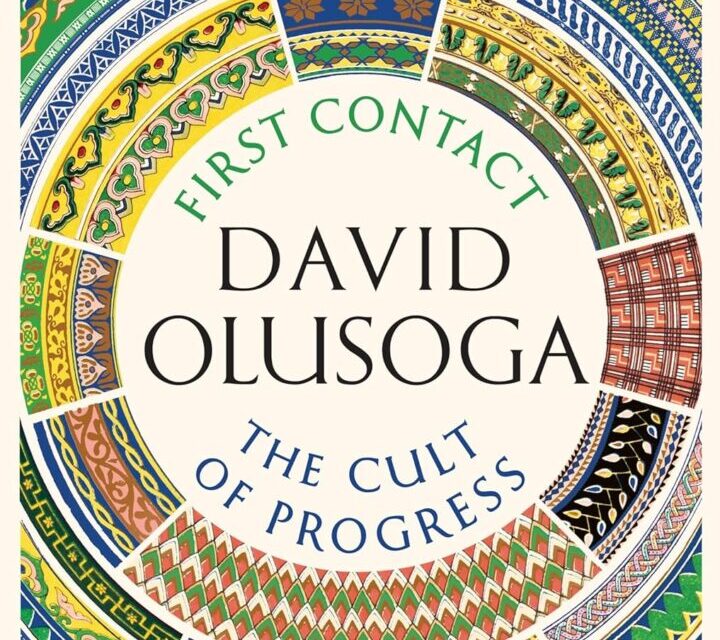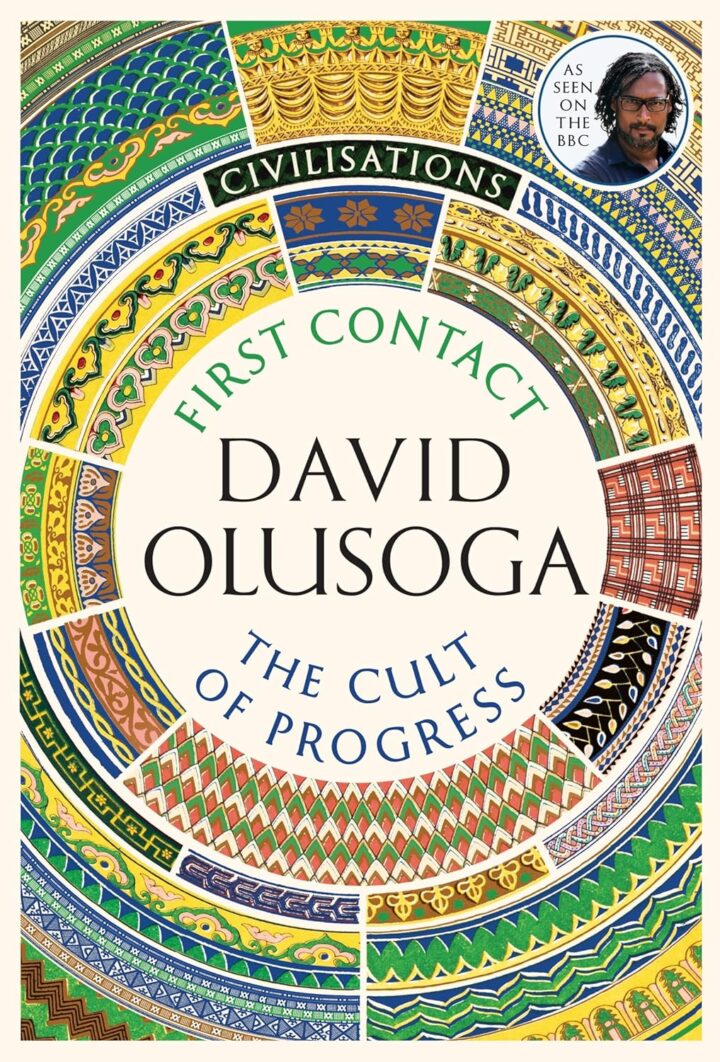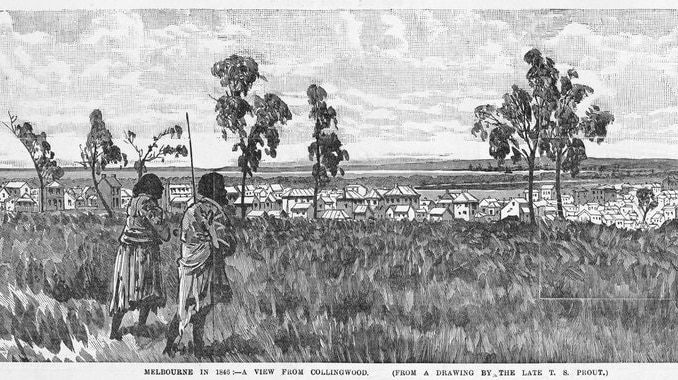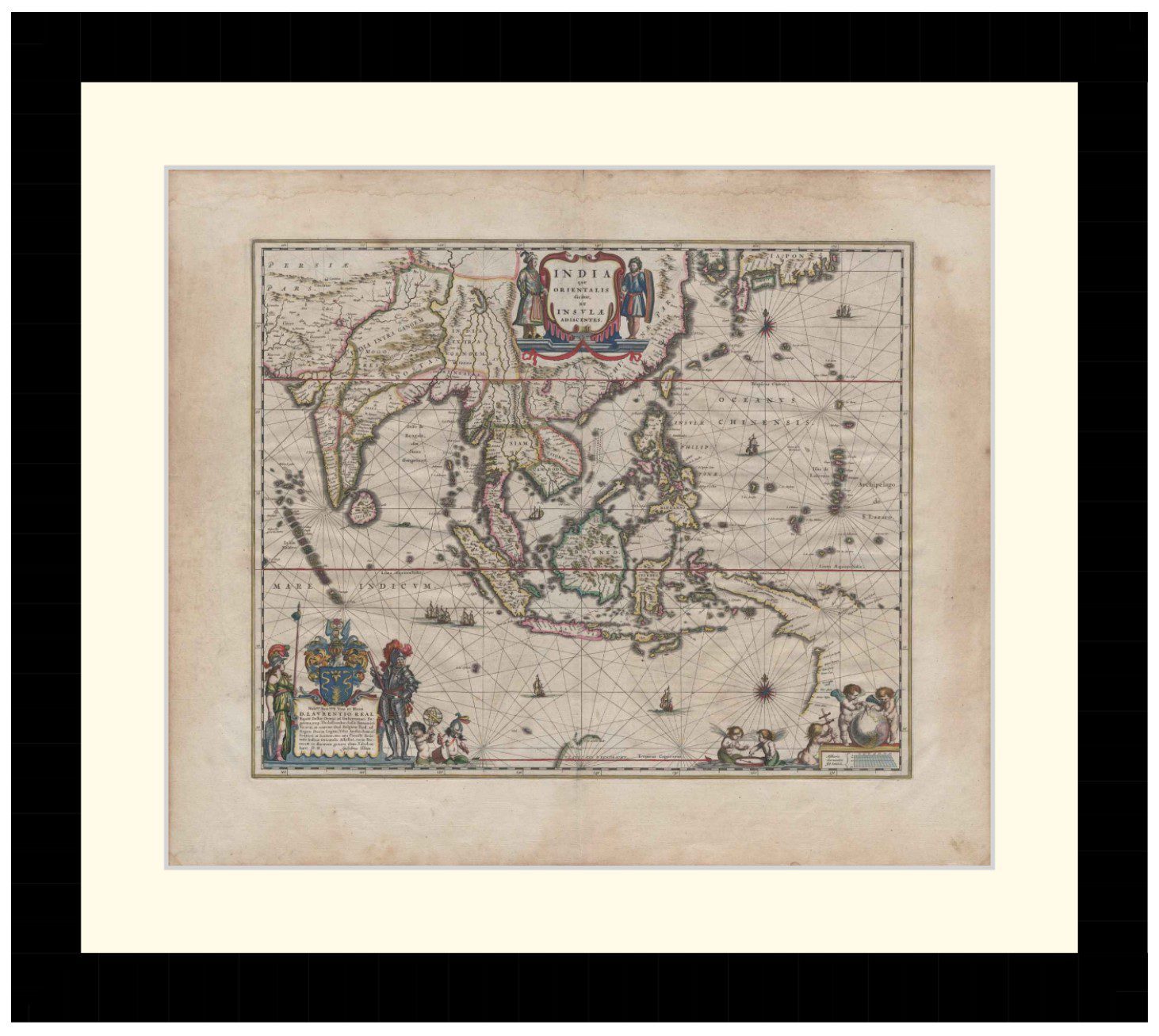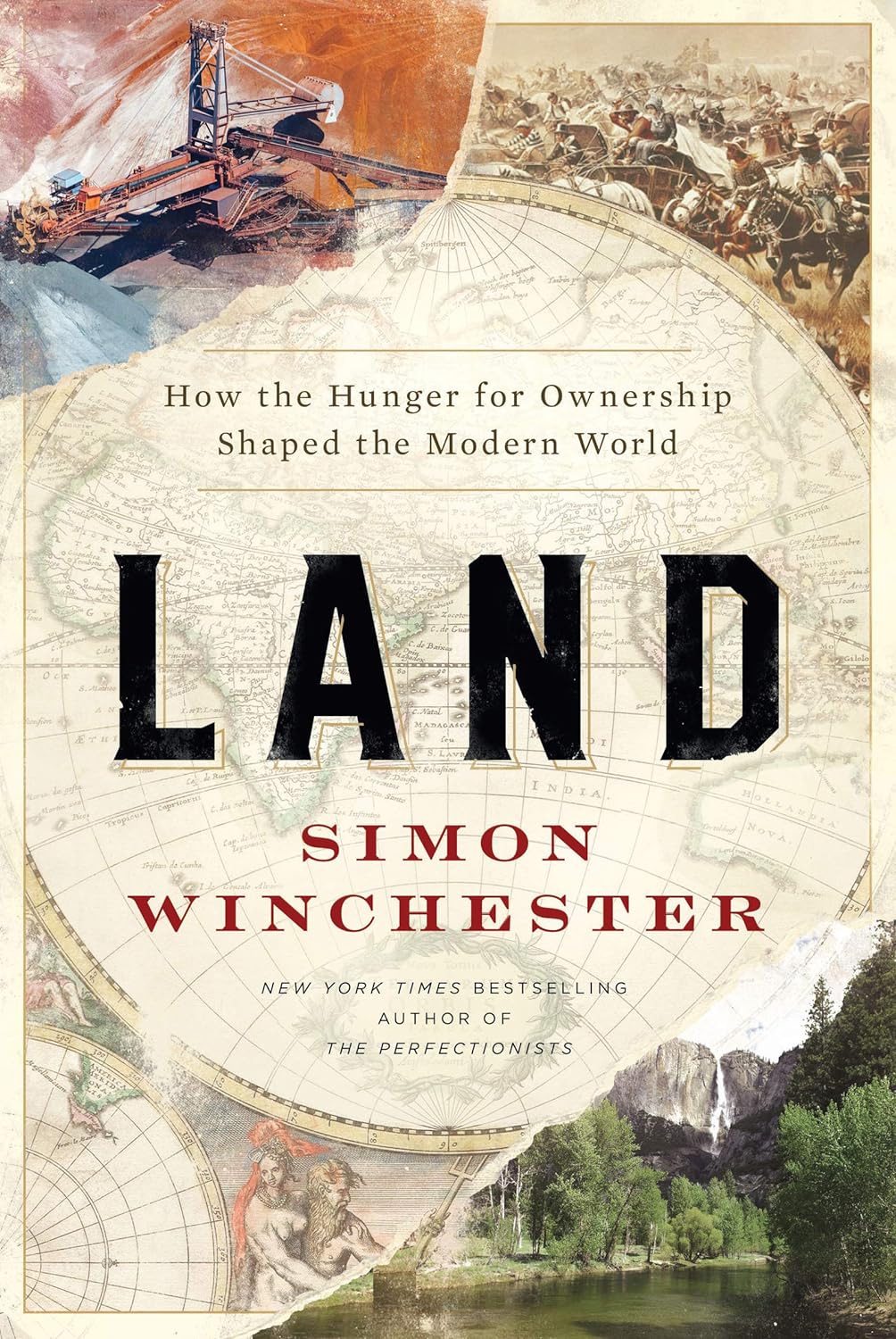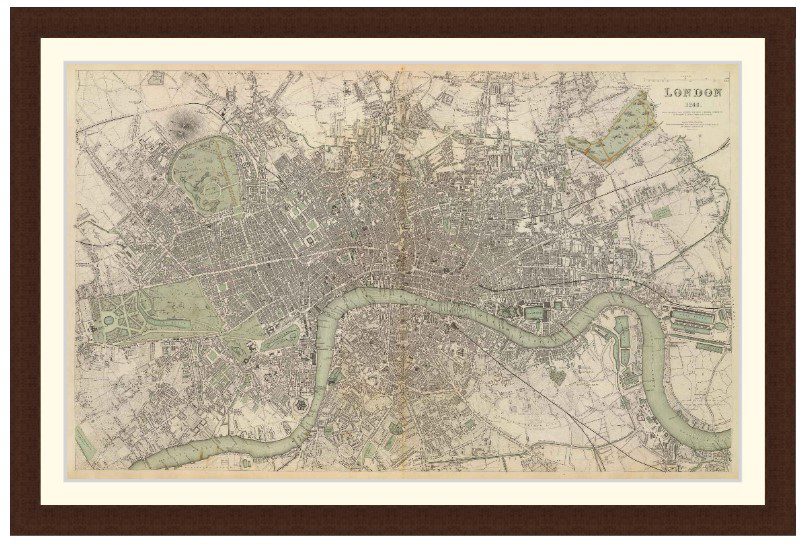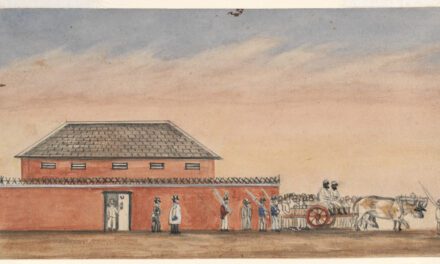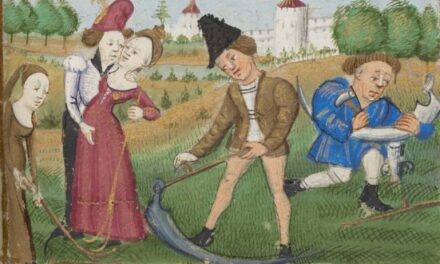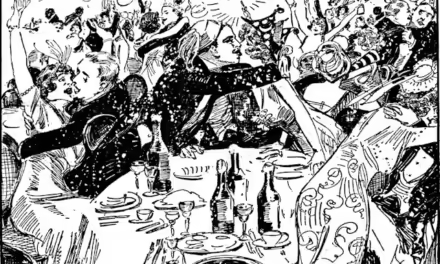Reading time: 2 minutes
Civilisations: First Contact / The Cult of Progress, by David Olusoga
Oscar Wilde said ‘Life imitates Art far more than Art imitates Life.’ Was he right?
In Civilisations, David Olusoga travels the world to piece together the shared histories that link nations. In Part One, First Contact, we discover what happened to art in the great Age of Discovery, when civilisations encountered each other for the first time. Although undoubtedly a period of conquest and destruction, it was also one of mutual curiosity, global trade and the exchange of ideas.
In Part Two, The Cult of Progress, we see how the Industrial Revolution transformed the world, impacting every corner, and every civilisation, from the cotton mills of the Midlands through Napoleon’s conquest of Egypt to the decimation of both Native American and Maori populations and the advent of photography in Paris in 1839. Incredible art – both looted and created – relays the key events and their outcomes throughout the world.
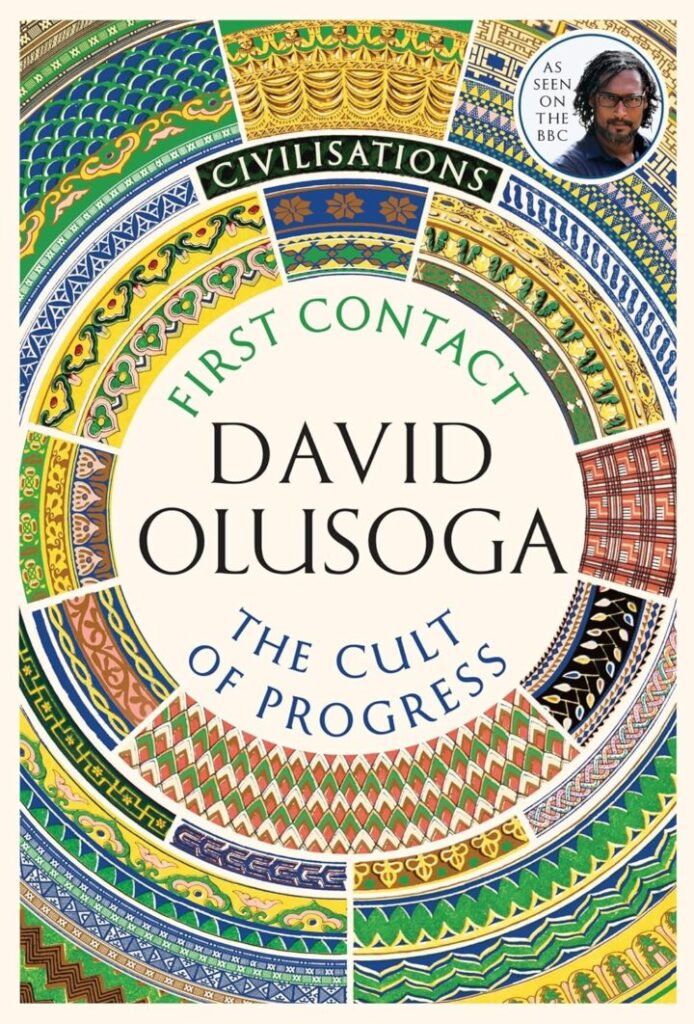
What happened to art in the great Age of Discovery when civilisations encountered each other for the first time?
In the Americas, the Spanish were so baffled by Aztec art that they melted the gold treasures they looted, repurposing it to make their own glorious art. David Olusoga explores the reactions of Europeans in Africa amidst the Ife and Kongo, and show Albert Eckhout’s incredible studies of Brazilians as encountered by the Dutch. Olusoga explains how the Japanese remained steadfast to their own artistic identity in the face of their own increasing influence from the Dutch, and show how on the other hand India was changed forever by the arrival of the East India Company.
A companion book to the hit BBC2 series Civilisations
“Olusoga is a smart and inventive narrator, with a keen historical curiosity and effortless style”
The Guardian
“Told with great fluency and clarity of style… a highly readable and engaging account”
Sunday Times
“An insightful take from a great writer”
History Revealed
“This is a fascinating book which looks at the history of conquest and colonisation from a new and exciting perspective… With plenty of illustrations, an index and suggestions for further reading, I can highly recommend it.”
Jan Kershaw, GLAM Adelaide
Civilisations: First Contact / The Cult of Progress – Book
By David Olusoga What happened to art in the great Age of Discovery when civilisations encountered each other for the first time? In the Americas, the Spanish were so baffled by Aztec art that they melted the gold treasures they looted, repurposing it to make their own glorious art. David Olusoga explores the reactions of…
Only 3 left in stock
Articles you may also like
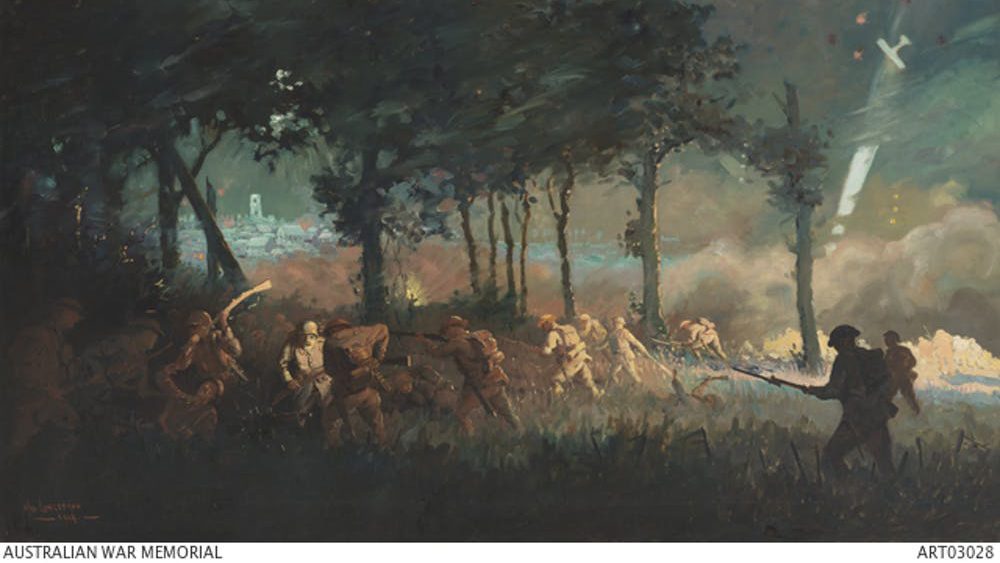
A short, sharp history of the bayonet
By Peter Monteath, Flinders University. Even the sound of a bayonet could be frightening. The audible whetting of blades in the enemy’s trenches could puncture a night’s rest with premonitions of steely death. The sight of gleaming blades, too, turned the stomach of many a soldier. For all the sheer, witless terror it could produce […]
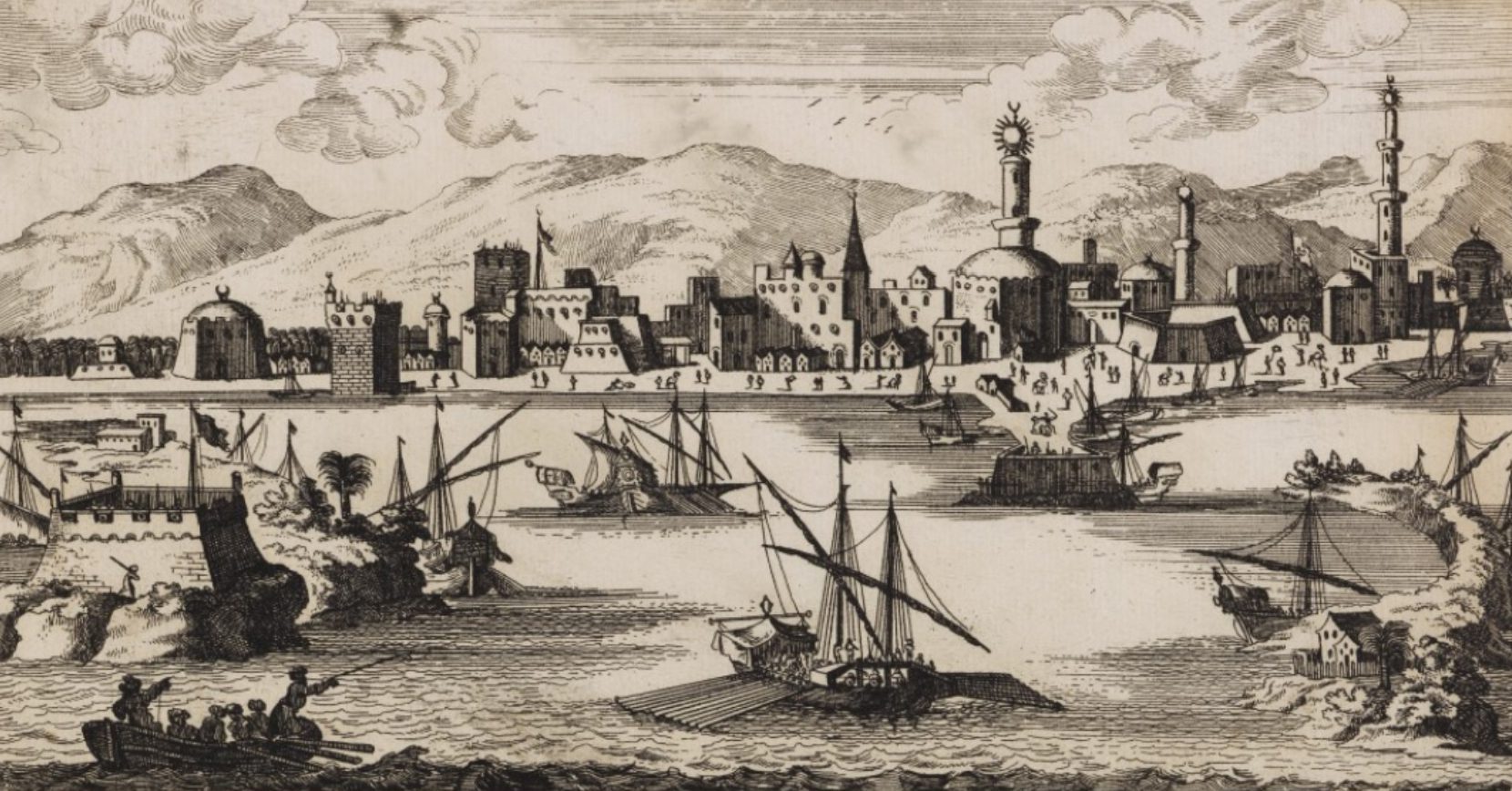
General History Quiz 199
1. Which Empire ruled Yemen until 1918?
Try the full 10 question quiz.
The text of this article was commissioned by History Guild as part of our work to improve historical literacy. If you would like to reproduce it please get in touch via this form.

